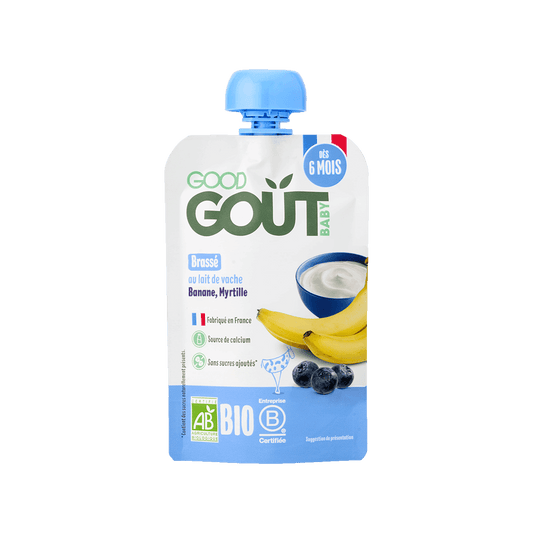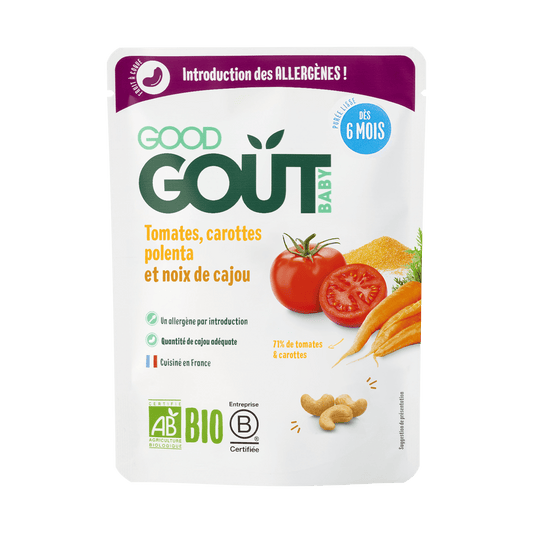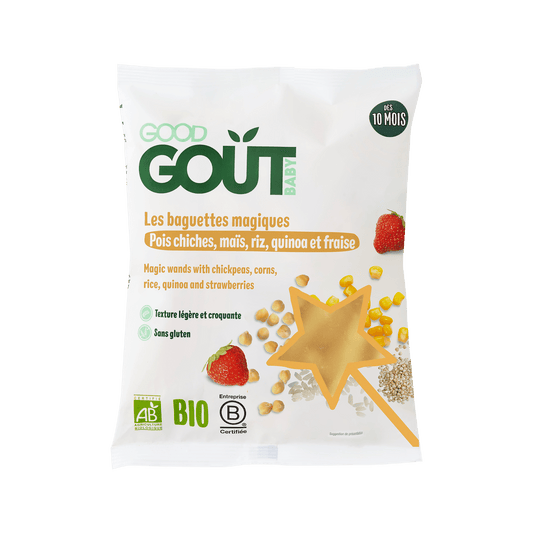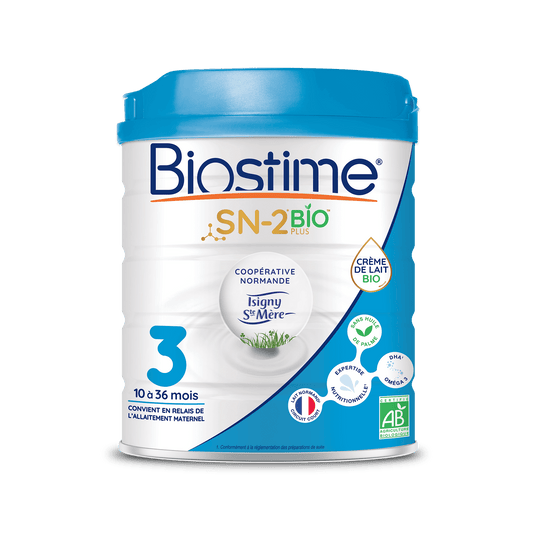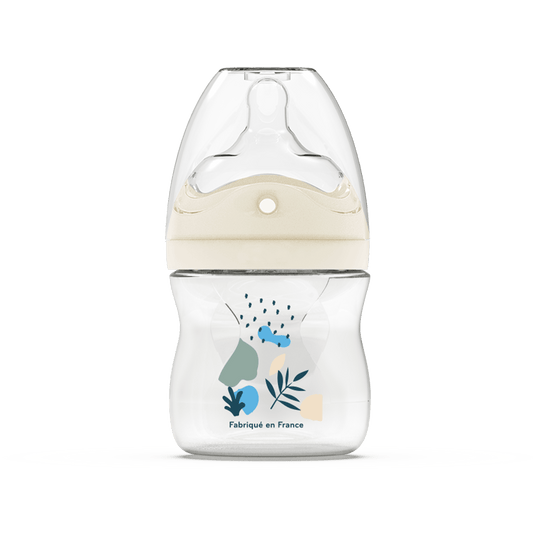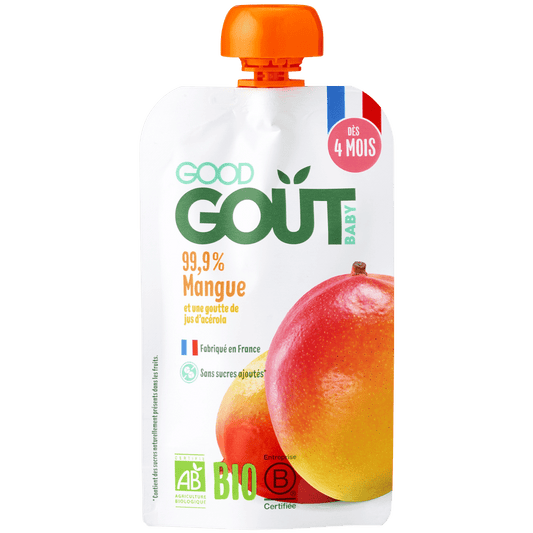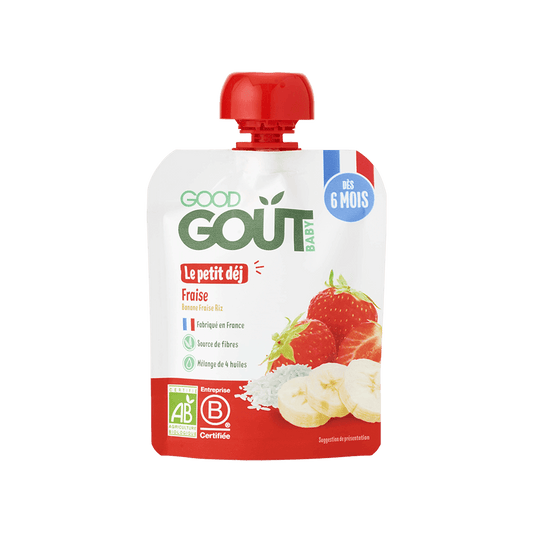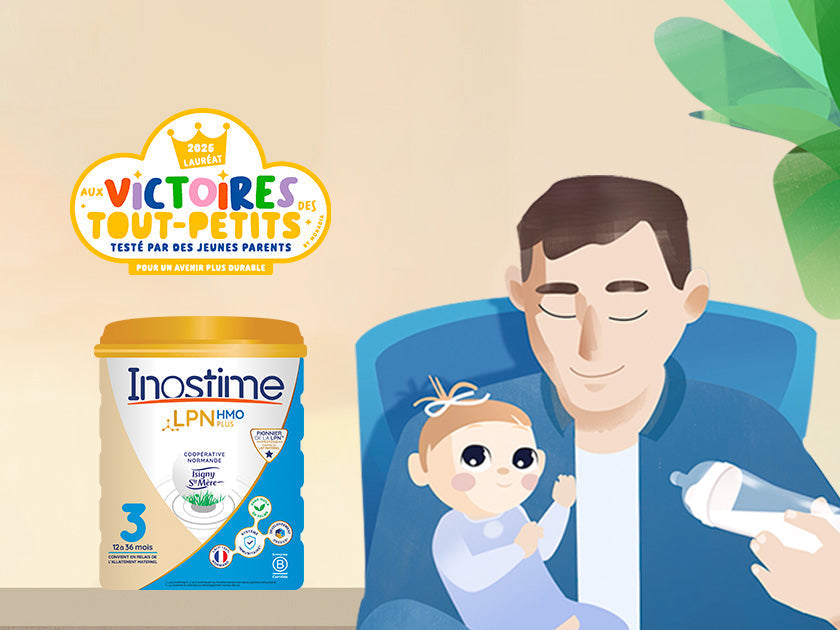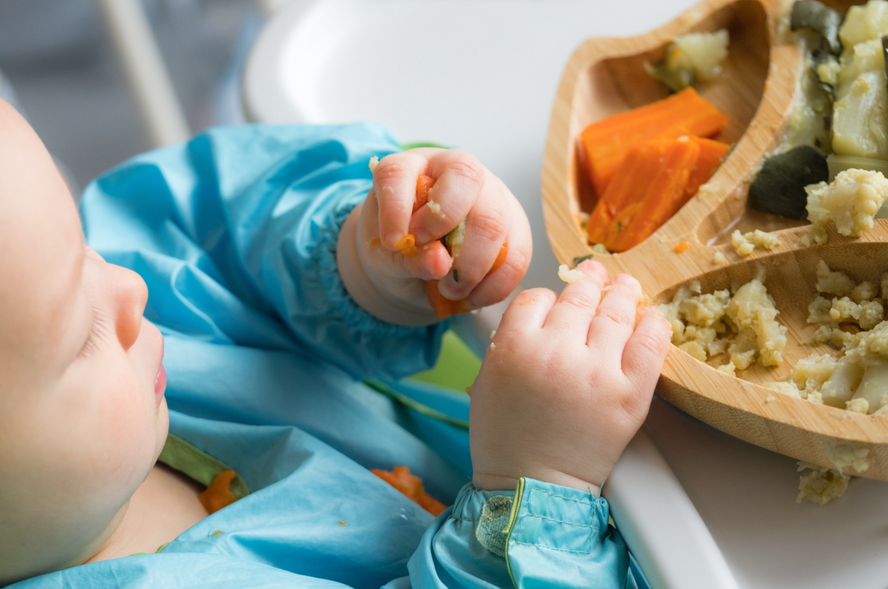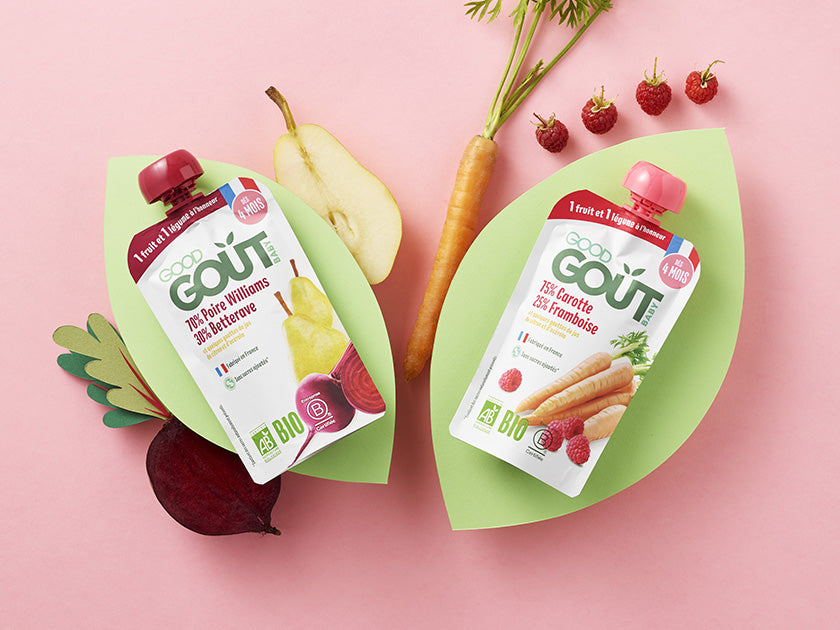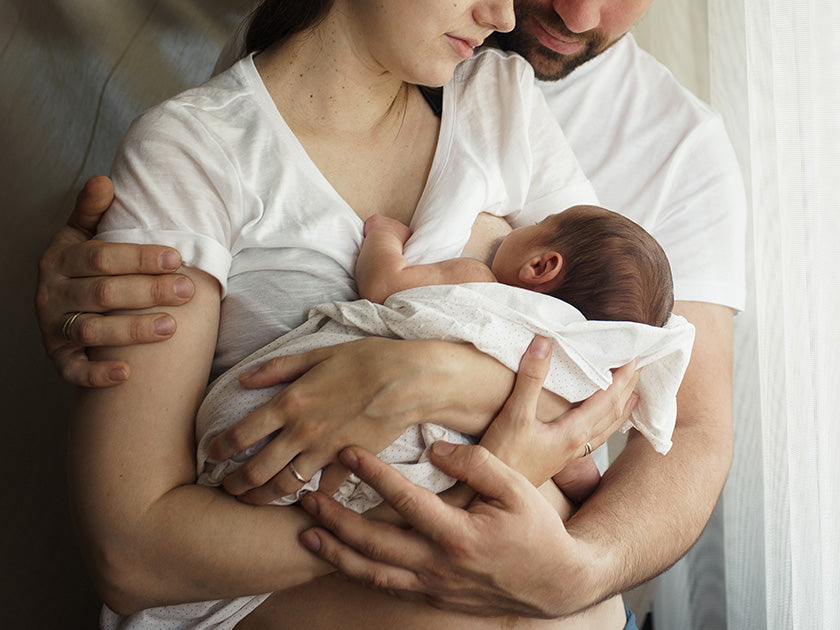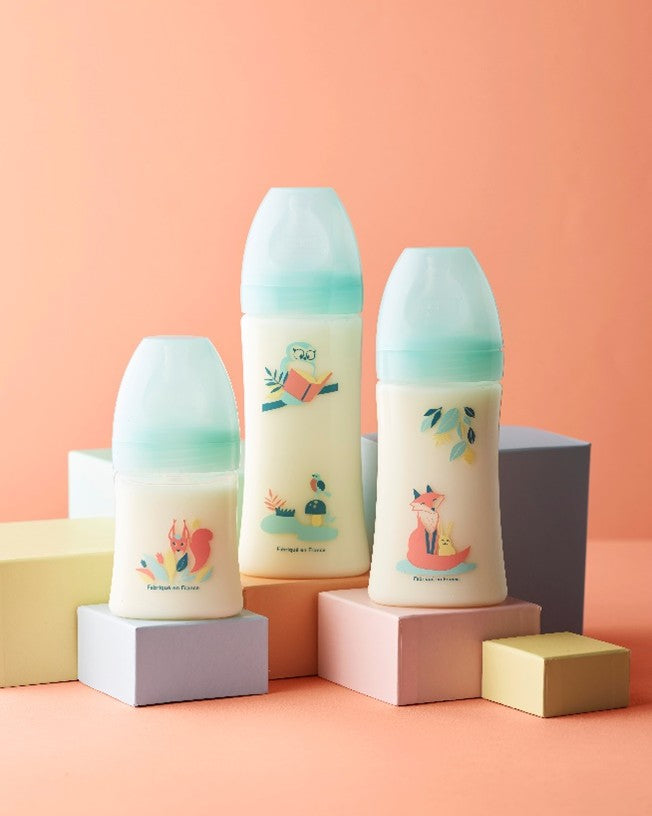Being a vegetarian isn't always easy to accept, and it's not easy to explain to your friends, who are always making tartiflette for every dinner. So when it comes to adapting your diet to your baby... It's even more complicated. Good Goût shares its little tips for keeping things happy, no pun intended.
"In my time, we ate meat and fish, and everything was fine" Mother-in-law, a troublemaker.
"But in terms of deficiencies, isn't that a bit dangerous?" your best friend, stressed or stressful, you don't know anymore.
"Depriving your child of the most beautiful thing in the world, the taste of a good chop, is heretical, my daughter." Your father, carnivore.
Except that in the meantime, you've become a vegetarian (thanks to the anxiety-inducing documentaries on Arte and the profusion of great vegetarian products on the shelves) and you've clearly understood that your salvation isn't found in the bib. And even if your other half gently teases you by asking if you plan to get 6-month-old Paul to join Greenpeace, you've still agreed that your baby will eat vegetarian baby food for the time being. Even if it means letting him choose later, because far be it from you to engage in proselytism, any food philosophy is viable if it's nutritionally appropriate.
What does it mean to be a vegetarian?
The ovo-lacto-vegetarian diet (whichever you prefer) excludes meat , and sometimes fish . Vegetables, fruits, cereals, legumes, seeds and oils then take over.
And to all those who would still throw stones at you, know that the American Dietetic Association recognized in 1997 that well-designed vegetarian diets (we insist heavily on this point) are healthy and provide health benefits , such as a lower cardiovascular risk and rarer obesity. You can therefore completely decline this diet for your baby from the age of 6 months : you just need to compensate with 1 liter of milk per day (versus the recommended 500 ml of milk) and dairy products in which you will find proteins, infant cereals, as well as fruits and vegetables. From 12 months , milk and dairy products always remain the basis of the diet but are supplemented by legumes (beans, broad beans, whole peas), cereals, such as infant cereals , potatoes, pasta, rice or even semolina, as well as raw and cooked vegetables and fruits, vegetable oil and sweet products. The combination of cereals and legumes , for example, allows us to cover almost all of our amino acid needs !
What about the lacto-vegetarian and vegan diet?
The lacto vegetarian diet, which also eliminates eggs, and the vegan diet, which only includes fresh fruits and vegetables, cereals and legumes, are, on the other hand, strongly discouraged, due to their risk of deficiency in iron, zinc, vitamin B12 and calcium . The vegan diet is also far too low in protein .
What do I actually give my child?
At Good Goût, we've thought of everything!
From 4 months , you can start your baby's vegetarian diet with our fruit and vegetable pouches on their own.
From 6 months and 8 months , discover our vegetarian recipes for babies : ratatouille with quinoa from 6 months, and penne with aubergines, zucchini risotto with goat cheese, pumpkin and bulgur tagine, from 8 months and over.
And for those who love baby cooking, we have selected two vegetarian baby diet bibles:
- For more details: How to Feed Babies Well from 0 to 3 Years, by Doctors Jacqueline Rossant-Lumbroso and Lyonel Rossant, Odile Jacob edition, 29.99 euros.
Bonus: delicious recipes.
- For cooking: The Big Book of Vegetarian Baby, by Carol Timperley, high priest of the vegetarian diet, and its 150 easy and delicious recipes. Published by Guy Saint Jean, €19.

